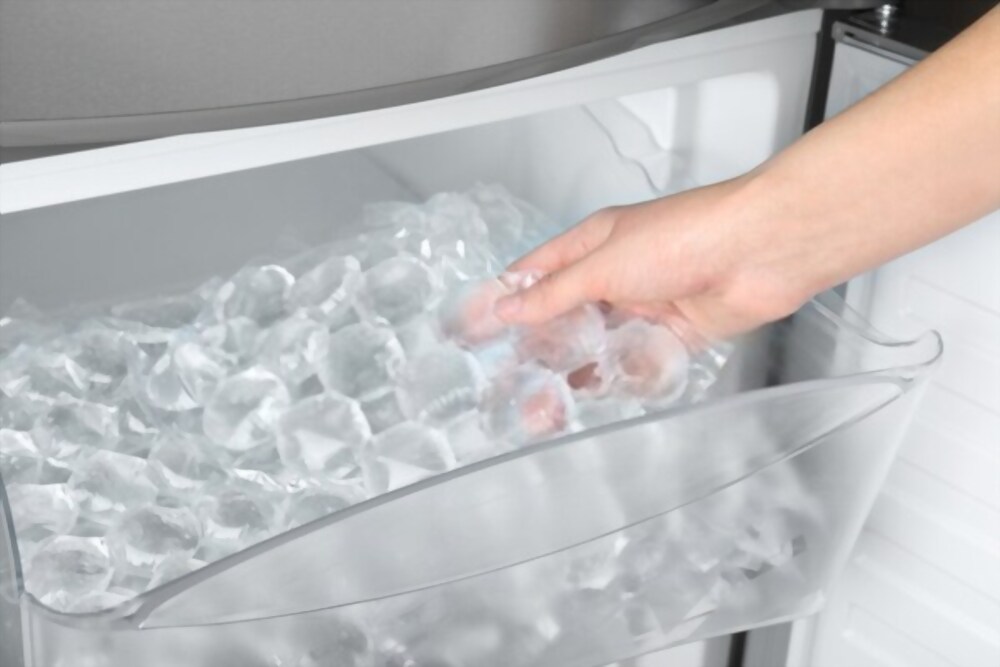Have you ever woken up to a burst water pipe, flooding your home and causing a major hassle? Frozen water pipes are an all-too-common problem in cold climates, and they can lead to costly repairs. In this article, we’ll explore the factors that affect how long it takes water pipes to freeze and provide expert tips to help you prevent this winter disaster.
/broken-water-pipes-162189386-58053b885f9b5805c2200c3d.jpg)
Image: homerepair.about.com
Factors Affecting Freezing Time
The time it takes for water pipes to freeze depends on several factors, including:
- Pipe Material: Copper and PEX pipes are less likely to freeze than iron or steel pipes.
- Pipe Size: Larger pipes take longer to freeze than smaller ones.
- Insulation: Insulated pipes are less likely to freeze than uninsulated ones.
- Air Temperature: The colder the air temperature, the faster pipes will freeze.
- Wind Speed: High winds can speed up the freezing process.
How Long Does it Take?
The time it takes for water pipes to freeze depends on the combination of the factors above. However, in general, it can take anywhere from a few hours to several days for pipes to freeze completely.
Here are some specific examples:
- Exposed copper pipes: Can freeze within 2-3 hours.
- Uninsulated PVC pipes: Can freeze within 6-8 hours.
- Insulated PEX pipes: Can take up to 24 hours to freeze.
Prevention Tips
To prevent water pipes from freezing, it’s crucial to take these precautions:

Image: bestadvicezone.com
Insulate Pipes
- Wrap pipes with foam insulation or fiberglass sleeves.
- Insulate attic and basement pipes where temperatures drop.
Seal Air Leaks
- Find and seal cracks and gaps around pipes where cold air can enter.
- Caulk or weatherstrip windows and doors.
Let Faucets Drip
- Allow a small trickle of water to run from faucets, especially in cold areas.
- Moving water is less likely to freeze.
Drain Outdoor Faucets
- Disconnect and drain outdoor hoses and faucets.
- This prevents freezing water from entering your home’s plumbing.
Expert Advice and Additional Tips
In addition to the tips above, here are some additional recommendations from plumbing experts:
Use a heat tape: Heat tape can be wrapped around pipes to provide additional warmth and prevent freezing.
Consider insulating your home: Improving your home’s insulation can help maintain a warmer environment for your pipes.
Keep your thermostat at a consistent temperature: Avoid setting your thermostat too low, especially at night or when you’re away.
FAQ
- Q: What should I do if my pipes freeze?
- A: Shut off the water supply and call a plumber immediately to thaw the pipes.
- Q: Can I prevent frozen pipes by opening faucets?
- A: Yes, letting faucets drip continuously can help prevent freezing, but it’s not a foolproof method.
- Q: How do I know if my pipes are insulated properly?
- A: Check if there are visible cracks or gaps in the insulation on your pipes.
How Long Does It Take Water Pipes To Freeze
https://youtube.com/watch?v=iWaDNhEus2Y
Conclusion
Understanding how long it takes for water pipes to freeze and taking proactive measures to prevent freezing is essential for protecting your home during cold weather. By following the tips and expert advice outlined in this article, you can avoid costly pipe repairs and ensure a comfortable and safe winter season.
Did you find this article helpful? Let us know your thoughts in the comments below.







